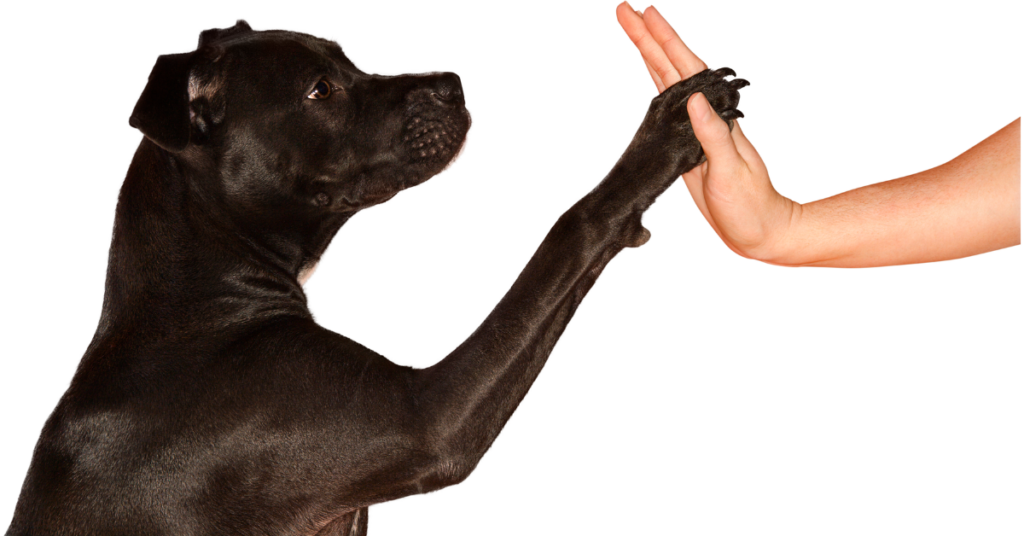The Healing Paws – How Your Canine Helps Relieve Anxiety
Dogs, our loyal four-legged companions, have always found their way into our hearts. They are not just our faithful friends but might also be our healers. A recent study reveals how our furry friends help us bounce back from stress, further solidifying the unique bond between humans and dogs.
The Stress-Relief Experiment
In a riveting study, 73 dog owners were evaluated on various parameters, from their previous interactions with animals to their bond with their current canine companion. The intriguing part? They were subjected to a stress-inducing test: Rapidly summing up numbers under tight time frames with an unsettling loud noise penalizing every mistake.
Subsequently, these participants were split into three segments: One group interacted with their dogs, another engaged in a ‘stress-relieving’ colouring activity, while the last group patiently waited for their canine reunion. Hidden cameras observed the interactions, especially focusing on those reunited with their furry pals.
Canine Companionship – The Elixir for Stress?
The outcome was profound. Those who spent quality time with their dogs experienced a noticeable drop in anxiety, and an uptick in positive emotions, superseding those who coloured or waited. Intriguingly, factors such as the duration of dog ownership, breed, age, or the bond’s strength didn’t skew the results.
Hannah Ralia, from the University of California, Santa Cruz, who co-authored the study, suggests that this therapeutic effect might arise from the sheer happiness and exuberance pets exhibit upon meeting their owners after a brief separation. Or, it could simply be the calming effect of caressing and playing with dogs.
Further delving into the psychology of dog ownership, the results resonated with previous findings on the therapeutic presence of dogs. However, what sets this study apart is its emphasis on personal pets instead of specially trained therapy animals.
Integrating Canine Comfort into Our Lives
Drawing insights from this research:
Embrace the Interaction: If you’re feeling overwhelmed, take a moment to play or cuddle with your dog. This simple act could serve as a quick emotional reset.
Incorporate Dogs in Therapeutic Settings: While therapy dogs are already used in many settings, encouraging the presence of one’s own pet could be an innovative therapeutic strategy.
Reconsider Restrictions: It might be time for policymakers to rethink regulations preventing dog ownership or their presence in various spaces. After all, who wouldn’t benefit from a little canine comfort at the office or in a residential community?
Although the study primarily spotlighted dogs, there’s a world of potential with other pets too. Cats, for instance, given their soothing presence in many households, might offer similar benefits. A deeper dive into the nuances of these interactions could further help tailor therapeutic strategies.
(See also our articles Homeopathic Hawthorn For Hypertension In Dogs With Early-Stage Heart Failure, Essential Oils: A Comprehensive Guide For Cat And Dog Parents, Birds And Their Therapeutic Brilliance, Reptiles and Their Therapeutic Potential, Cats And Calmness – The Silent Soothers)
Further Reading and Recommendations:
The Other End of the Leash by Patricia McConnell – A deep dive into the human-dog relationship.
Animals Make Us Human by Temple Grandin – Exploring the emotional world of animals and their bond with humans.
A Modern Dog’s Life by Paul McGreevy – Understanding dogs in our contemporary world. In summary, the age-old bond between humans and dogs finds yet another facet. It’s not just about companionship; it’s about healing, understanding, and emotional growth. So, the next time you’re feeling a tad overwhelmed, maybe a wagging tail and a comforting bark are all you need to find your calm.

